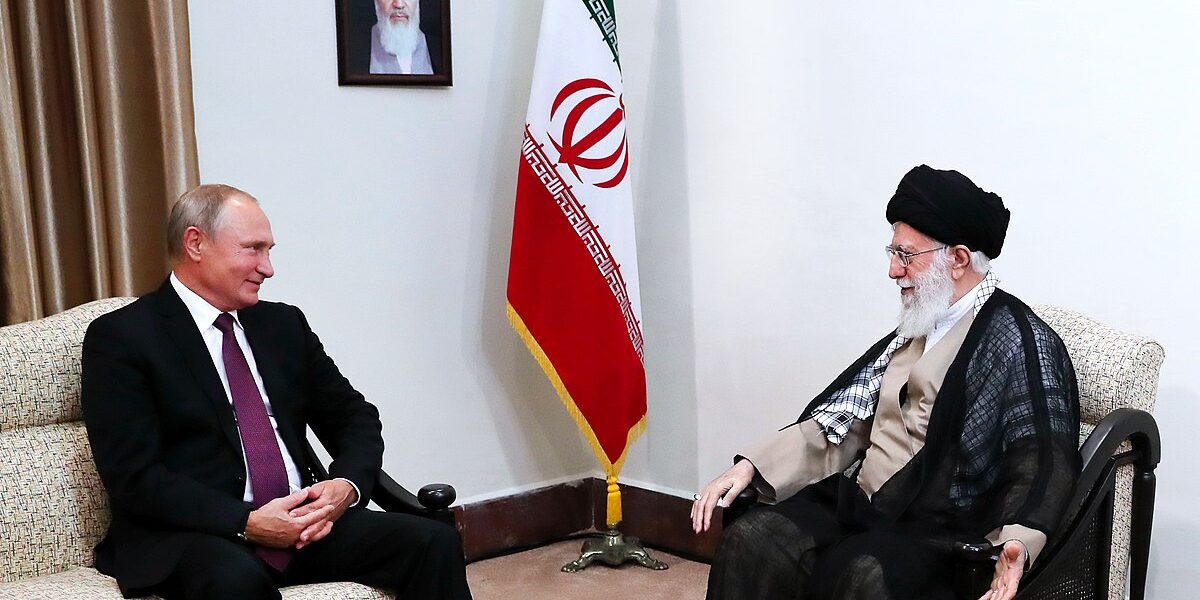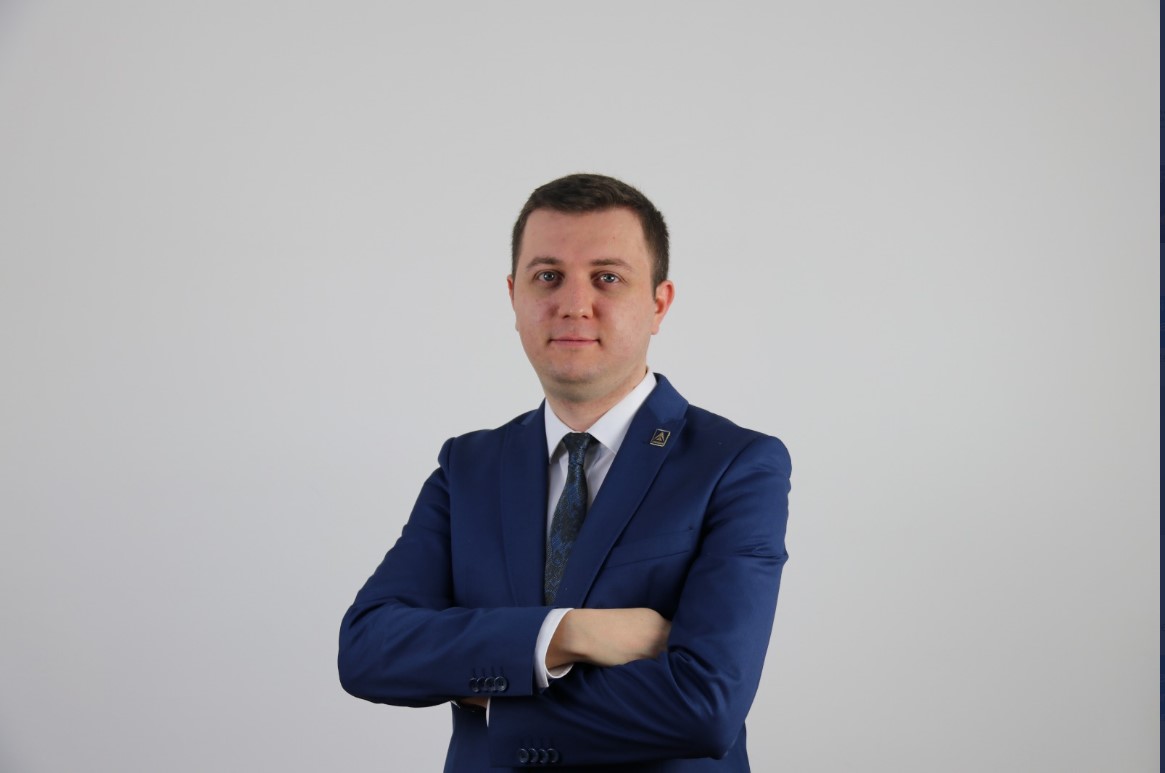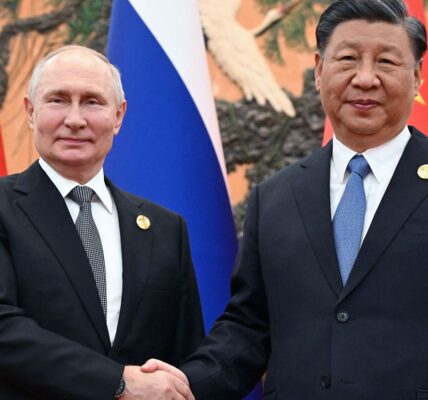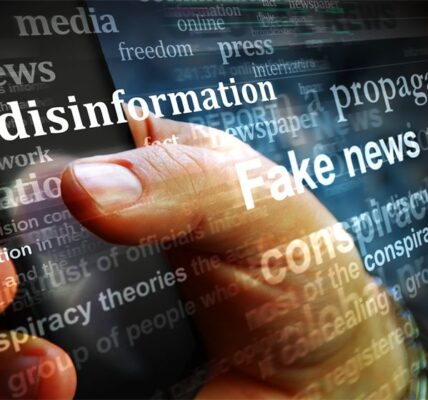Exclusive: Sir Graeme Lamb Writes on Russia and Iran: An Unwelcome Alliance
The past will not tell you what is about to happen but it can point you in the right direction of what you might expect to unfold, and yet we in the West are so wrapped up in the day-to-day business of getting by, politics, making money, and social interactions we fail to learn from our immediate and distant past. So while I would not recommend attempting to drive your geopolitical car by merely looking in the rear view mirror, that mirror does deserve a little more attention.
Russia is such a case. The litany of illegal, inappropriate, and indifferent actions from 2001 until today, all wrapped in cleverly distorted disinformation, lies, and deceit leaves one wondering how we missed the signs; again, again and again. Georgia, Crimea, Ukraine, the Wagner Groups activities in Africa and the Middle East, blatant fraud at the Russian Winter Olympics, assassinations, and on and on.
Clear flashing signposts of intent, unread because each action was in itself below our own critical thresholds and was all so often simply inconvenient; the well-known urban myth of boiling a frog springs to mind, and we are the frog.
The same can be said, albeit a more clandestine, much longer and more subtle approach by Iran. The Iranian Revolutionary Guards, and in particular their notorious IRGC Quds force set out to subvert, shape and control their wider agenda for the Middle East Region and self-interested influence long before 2001 and probably shortly after 1979.
Both these circumstances are well documented and, given the current conflict in Ukraine and Gaza, increasingly recognised. The less obvious and therefore marginally unsighted ‘rear view mirror’ is the relationship between Russia and Iran and their common interests.
Both nations are under severe economic, market and restricted movement sanctions and both are in economic difficulties, manageable but nevertheless putting an increased pressure on their own peoples social aspirations and expectations. Both are on the books of but somewhat isolated from the international community and choose to disregard when it suits them be that International Norms, and Law and Humanitarian standards. Both nations are in debt to one another.
The late General Soleimani’s face-to-face visit with President Putin in 2015 resulted in important battlefield and airspace coordination in Syria at a critical time when President Assad’s regime look extremely precarious.
The rapid and unconditional provision of Iranian military drones to Russia has filled a critical offensive military shortfall in their operational arsenal. The continuing diplomatic, commercial cooperation, economic and military relations have further cemented their common interests both in the Middle East Region and on the wider Global canvas. Iran’s recent inclusion in the BRICS community is another recorded instance of this growing relationship.

The question that I believe is worth contemplating is just how far can this relationship go if either nation or both find themselves further stressed or their foreign interventions and aspirations stagnate. Iran has an impressive array of 3rd party militias, be those in Syria, Lebanon, Iraq, Yemen and obviously Gaza, and also sustains widespread influence with anti-government movements amongst many of its regional neighbours.
Bahrain is a good example of this interference as Iran still claims Bahrain as its own territory.
The longstanding funding, training and military support that Hamas has enjoyed demonstrates just how destructive these forces, embedded within weak States, are and their potential to inflame and tear regional stability.
Russia has made it clear that it challenges the statehood of all other former Soviet States and dismisses the possibility that Ukraine, Moldova and Georgia are in anyway independent of the Russian State.
Its declared intention to divide Europe, weaken NATO, and diminish the power of the United States is well understood and its actions reinforce those goals. The concern is just how far would this relationship and common interest in fostering uncertainty and generating instability could go.
In spite of international sanctions, high oil and gas prices and demand benefit both in providing day-to-day liquidity and ability to continue their aggressive policies. Shared technology and military exchanges of critical equipment fill gaps in their separate inventories, while both conduct aggressive cyber campaigns against the West and their respective neighbours.
In short, both share common goals but not shared values. Their alignment, intended or just circumstantial, suits both nations for the moment and one we should be very much aware of. The Chinese General Sun Tzu once suggested “If one party is at war with another, and the other party does not realise it is at war, the party who knows it is at war almost always has the advantage and usually wins”. We are and have been for some time engaged in a form of war – just look in the rear view mirror, it seems so obvious but do we see it?
















































































































































































